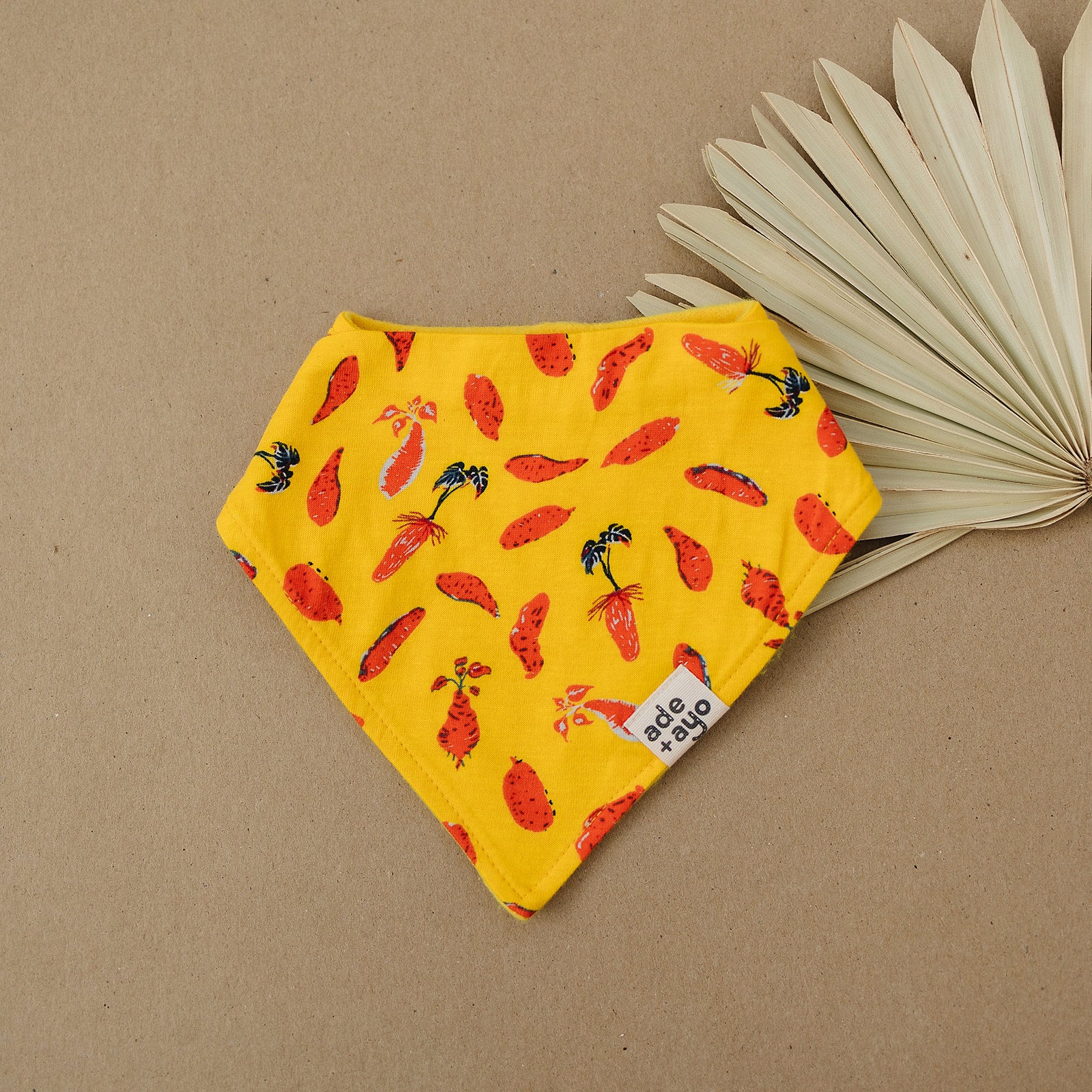The Healing Power of African Herbs for Postpartum Mom and Baby
In African traditional medicine, the use of medicinal plants is extensive and plays a significant role in the healthcare system. This is because African traditional healers have accumulated vast knowledge about the therapeutic use of African herbs over centuries. In this article, we'll be looking at five African herbs that have amazing healing properties for postpartum moms and babies.

Before we go any further, before utilizing any medicinal herbs (especially while pregnant or nursing) -- please consult with your doctor. While the herbs we've chosen have been safe and effective for many, this article should in no way be used in place of or without consulting with your doctor.
Acacia Senegal
Acacia Senegal is an African herb that has been used for centuries as a traditional remedy in many African countries. Known by many names throughout Africa, including "agogwe", "ong'ongo", and "greeti-bitter", this powerful herb can be found growing in remote areas throughout much of sub-Saharan Africa. Although modern science still lacks a clear understanding of all its effects and mechanisms, emerging research has shown that Acacia Senegal may offer potent benefits for women's health. By promoting cardiovascular health, reducing inflammation, and encouraging overall wellness, this ancient African remedy has the power to benefit and empower women around the world. This herb is used to treat a number of postpartum conditions, such as hemorrhoids, perineal tears, and episiotomies. We do know that Acacia senegal has astringent and anti-inflammatory properties that help to heal these conditions quickly.
Bitter Aloe
Bitter aloe, also known as African aloe, is a plant that is native to Africa and widely used in traditional healing practices. With its soft green leaves and attractive flowers, the plant has long been valued for its fragrance and healing properties. Bitter aloe is believed to be especially beneficial for postpartum women, helping to reduce inflammation and soothe cramps associated with menstruation and childbirth. This magical herb can be found growing wild in many African countries, including South Africa, Tanzania, Ghana, Namibia, and Angola. Bitter aloe is also used to treat postpartum constipation. This herb contains laxative properties that help to relieve constipation and promote bowel movements.
African Wormwood

African wormwood (Artemisia afra) is a perennial herb that grows in sub-Saharan Africa. It is used traditionally as an African herbal remedy for a variety of ailments, including postpartum bleeding and menstrual cramps. African wormwood is also sometimes used as a natural insecticide. The plant is believed to have originated in Ethiopia, and it is now found throughout sub-Saharan Africa, including in Ghana, Uganda, and Tanzania. African wormwood is a member of the Asteraceae family, which includes other herbs such as chamomile and tansy. The plant typically grows to about two feet tall and has dark green leaves with silvery-white undersides. African wormwood has a strong, pungent aroma and a bitter taste. When used medicinally, African wormwood is usually taken as a tea or tincture. African wormwood is not FDA-approved for medicinal use and should be used with caution, as it can interact with certain medications.
Rooibos

African women have used rooibos for centuries to help promote lactation, soothe stomachs, and speed healing after childbirth. African herbalists traditionally mix the reddish-brown rooibos leaves with gotu kola, African wild yam, and fennel seeds. Rooibos tea is also a popular postpartum drink in many African cultures. The nutrients in rooibos may contribute to its postpartum benefits. African traditional medicine practitioners believe that rooibos can help to:
- relieve nausea
- reduce inflammation
- improve digestion
- speed healing
- promote lactation
Rooibos tea is naturally caffeine-free and low in tannins. It's also rich in antioxidants, which may offer additional health benefits. Some studies have shown that rooibos may help to:
- boost heart health
- fight diabetes
- ease stress
- protect against cancer
Whether you're enjoying a cup of tea or using it as an African postpartum remedy, rooibos offers a variety of potential health benefits.
Centella
Centella is a leafy green herb that grows in Africa and Asia. It is often used in African herbal medicine to help with wounds, skin ulcers, and burns. Centella is also known to be helpful in reducing scar tissue and stretch marks. African women traditionally use Centella after childbirth to help the body heal and to prevent stretch marks. Some studies suggest that Centella may also help with postpartum depression. If you are interested in trying African herbs for postpartum recovery, talk to your healthcare provider about whether Centella could be right for you.
The use of African herbs for postpartum care is a time-honored tradition that has been passed down from generation to generation. By understanding traditional healing practices, we can create a bridge between modern medicine and ancient remedies. These plants have the potential to help us live healthier lives, and we should be grateful for the knowledge passed down to us by our ancestors. Have you ever tried an African herb for postpartum care? What was your experience? Let us know in the comments!
As always, Be sure to follow on Instagram + Join Our Email List to save 15% off your first order!




















